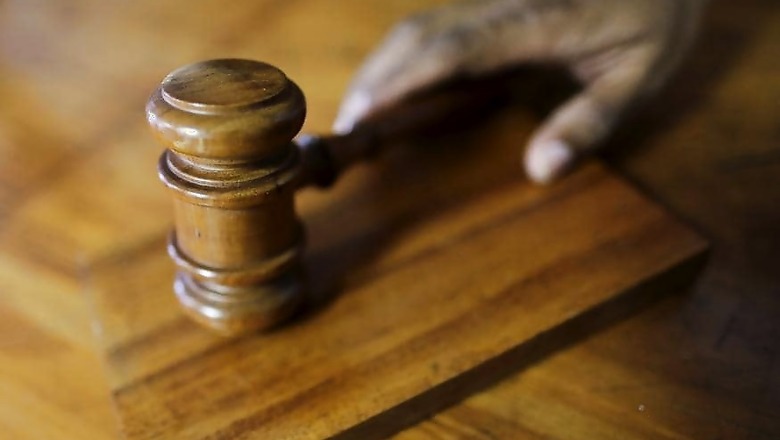
views
New Delhi: There are more than 1.8 lakh cases pending in 702 special courts that were set up following provisions of the Scheduled Castes and Scheduled Tribes (Prevention of Atrocities) Act, Union Law Minister Ravi Shankar Prasad told in the Lok Sabha on Wednesday.
While replying to a question from BJP MP Umesh G Jadhav, Prasad said, “State governments and union territory administrations either establish exclusive special courts for one or more districts or designate sessions courts to be a special court for such districts where there are less number of cases under this Act,” Prasad said.
At present, a majority of the state governments and union territory administrations have designated district session courts as special courts. Maharashtra has the highest number of special courts, while Chandigarh, Goa and Mizoram have less than two.
According to the Law Ministry, about 1,88,880 cases are pending across the 702 courts in India. While Uttar Pradesh has the highest number of such cases at 70,266 pending before its 40 special courts, Bihar's 37 courts have 46,951 such cases.
Madhya Pradesh, Odisha and Rajasthan that have 50, 94 and 35 special courts, respectively, have more than 10,000 pending cases. Gujarat has managed to dispose of most number of cases (154), followed by Chhattisgarh (90) and Haryana (47).
The Act recognises the practice of untouchability as a non-compoundable offence and offers strict punishment. The monitoring of the special courts falls within the domain of the state and union territory governments.
The Act provides for the creation of new types of offences that are not there in the Indian Penal Code (IPC) or Protection of Civil Rights Act, 1955, and recognises offences committed only by specified persons (non-SCs and STs). Crimes among SCs and STs or between STs and SCs do not fall under the purview Act.
Rule 7(2) of the Act makes it mandatory for any and all cases to have their chargesheet filed and the case investigated within 60 days.
The Act also prescribes enhanced punishment for public servants for neglect of duties against SCs and STs. It also enables courts to cancel arms licenses in areas where an atrocity takes place, while it holds the power to grant arms licenses to SCs and STs for protection if such a need arises.
Families of victims are provided full compensation, relief and rehabilitation under the Act.
The law minister said the cost of implementation of the Act is covered “under a centrally sponsored scheme and admissible central assistance is provided to them mainly for strengthening of enforcement and judicial machinery.




















Comments
0 comment